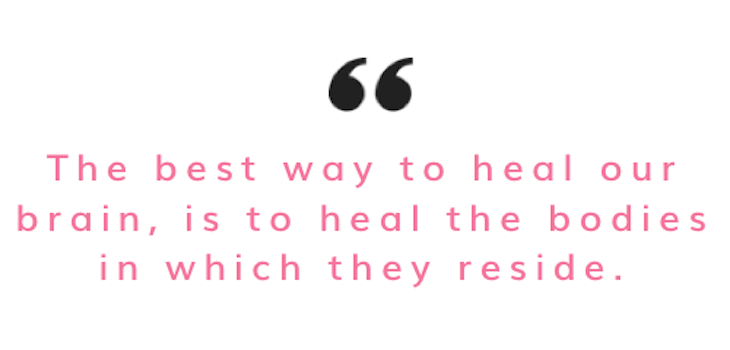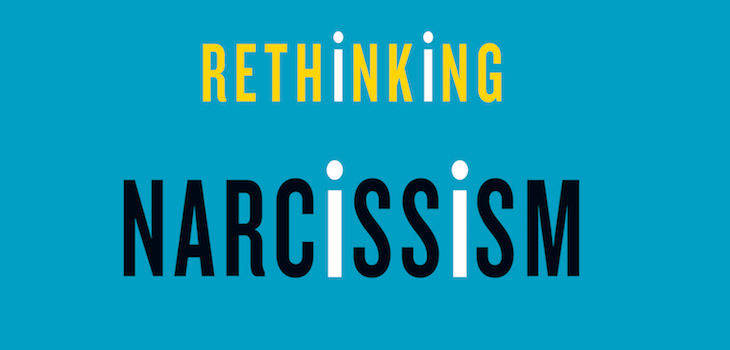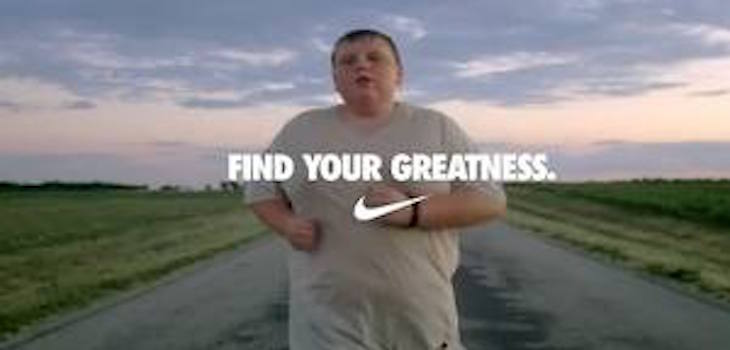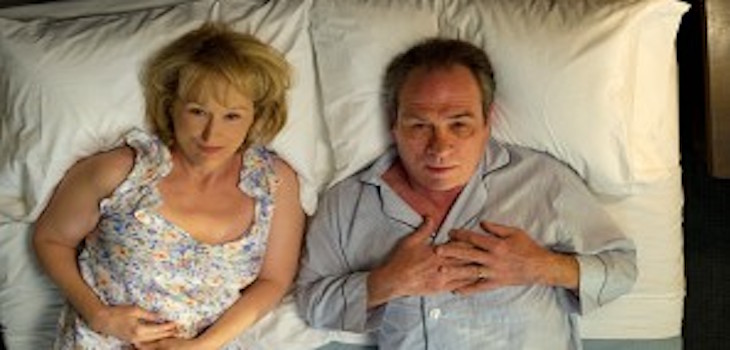Have you read A Mind of Your Own? If you haven’t, you should. Although the subtitle bares, The Truth About Depression and How Women Can Health Their Bodies to Reclaim Their Lives, the book is essentially universal; it’s relatively, well almost gender neutral (in today’s politically correct jargon). Besides, if you are a man with a woman in your life, this is relevant.
The thesis of the book, that former conventional turned integrative psychiatrist, Kelly Brogan MD, stands to prove, is that depression, as well as other emotional states like anxiety, bipolar and ADHD, have as their etiology more than trauma, developmental and/or shock. Her book scrutinizes extensive research, (not her own) and not simply anecdotal evidence, to back her stance, a posture which refutes everything we have been taught in the popular media. It is a paradigm shift.
Sadness is an emotion; it may emanate from pain, from loss and from isolation, as well as other everyday experiences, typical or atypical. Depression, on the other hand, is a state. It happens when we are stuck in our pain, when our sadness, anger, fear and others emotions have no place to go. Depression has long been the subject of psychiatric and psychological research, study and of course treatment, talking, pills and otherwise. Yet we are now learning, more than ever, that depression may have, as its roots, other variables. Like anything else (sexual desire for one, an example I use given my work as a sex therapist) there are multiple variables that have to line up in order for someone to be depression free.
Yet we are now learning, more than ever, that depression may have, as its roots, other variables. Like anything else (sexual desire for one, an example I use given my work as a sex therapist) there are multiple variables that have to line up in order for someone to be depression free.
A brief trial of Wellbutrin was used following the death of both parents and an unsuccessful brief trial of a low dose of Lexapro, which by the way, yielded the beginning symptoms of neuroleptic malignant syndrome (head pain behind the face, uncontrollable joint movements and more). The patient became immersed with grief and actively suicidal. With an impending bar mitzvah, the doctor’s orders were to continue the medication. The patient again refused; the depression ceased within weeks.
Medications, particularly psychotropic medications, are a known culprit. Medications can make us sick. As Brogan does an eloquent job of pointing out, Big Pharma has done a poor job, failed in fact, to help treat depression. Sound research, not highly publicized, has shown us that antidepressants, SSRI’s in particular, have little if any long-term effect. Their effect instead has been short term. Our bodies habituate to the medications, get addicted; we get used to the chemicals in our brains. As a patient attempts to discontinue their medication, symptoms re-emerge and with the attribution typically offered by the prescribing psychiatrist that . . .” your depression is back . . . it’s in your head”, the patient returns to the medication(s), which are in fact making them sick. It takes the body/brain some time and pain to get back to baseline and it is not until that state has been achieved that one can begin to really assess the patient. (That is not to say that antidepressants don’t work for some and, in fact, have saved the lives of others. A genetic test has been developed in order to help with the prediction of which medication is appropriate for a particular individual.)
A 2-round trial of Macrodantin, seemingly innocuous medication for an ordinary everyday urinary tract infection, leads to depression. As the depression worsens the patient asks the doctor for an alternative treatment/drug. “Finish the prescription; it’s not the drug that’s making you depressed”. The patient did not heed the doctor’s advice, stopped the medication and the depression immediately ceased. The UTI dissipated as well.
A visit to the dentist and a dose of epinephrine via injection for numbing purposes yielded an anxiety reaction. Knowing all too well that there was no other cause the patient researched the half-life. The anxiety abated at the expected time.
These are true stories. I know.
Medication Can Make Us Sick
There is a complex interaction between common everyday medication and our bodies. Outside of antidepressants themselves, Dr. Brogan is not a fan of birth control pills (hormonal suppression creates major risks including depression, which is a major reason women stop the pill), non-steroidal anti-inflammatory drugs (NSAID), acid reflux drugs and statins. If you are taking or know someone taking oral contraceptive drugs this information is for you; way too broad and complicated to document here yet Brogan does a great job noting several factors and interactions of these drugs with our physiology and mental states. Bottom line—synthetic hormones (in general) are bad-some decrease circulation of thyroid and testosterone availability. The pill makes women depressed (I have seen more than a few cases of this in my own practice), anxious and crazy; there are better healthy options for birth control.
Statins are too problematic. Research uses “statistical deception’ (an interesting way to interpret research data) in studies to show effectiveness. In essence, statins cause muscle and nerve damage, cancer, and birth defects to children exposed in utero amongst others. Further low cholesterol levels are linked to depression and other things. (I have a patient who, after many months, just recovered from a painful, both emotionally and physically, bout of statin induced myopathy from long term use of the drug.)
That said, when the patient is clean, that is without psychotropic and other medications, one can better assess. The book emphasizes the need to assess the whole body and in particular the immune, gastrointestinal, endocrine and nervous systems for their states and interactions. Brogan outlines the role of the glands, with an emphasis on the thyroid, the immune and nervous systems. She also recognizes the importance of B12 and the hormone vitamin D as well as environmental factors like endocrine disrupting pesticides, antibiotic injections, fluoridated water.
Our Bodies Play a Role
There is an emphasis on current research on the microbiome, the gastrointestinal system. With books like The Second Brain and The Mind-Gut Connection, the primary system that processes outside toxicants in order to survive, is under intense scrutiny. At present, researchers are identifying the huge role played by the insulin levels in glucose processing in our blood, on health and weight; balancing blood sugar, in and of itself, can stabilize anxiety, depression, ADHD and even bipolar disorder. Insulin resistance, a major epidemic, can present, and as such, mask classic psychiatric symptoms as well. (women with diabetes are 30% more likely to develop depression).
A book like this is not complete without a strong emphasis on foods and supplements, as well as sleep, exercise, and meditation. Brogan reports on “foods that we are not designed to eat’, that cause immune triggers, inflammation, allergies etc… gluten, refined sugars and substitutes, non-organic and GMO foods, unhealthy fats and processed oils, casein and more.
This is a true paradigm shift. Not unexpected, her book has come under attack. Anyone who makes a case against well-established research and Big Pharma no doubt will come under scrutiny citing the credibility of her sources, cherry-picking her resources and hence her arguments, bashing western medicine and promoting ‘pseudoscience’. Paradigm shifts are not readily accepted, nor is research that disputes anything that could hurt the corporate money trail.
Brogan gives strong ground for her assertion—”the best way to heal our brains is to heal the body in which they reside”.
As with any book on the subject she has a plan and will work with you if are compliant. Extensive lab testing, nutritional guidance with detoxification, meditation, sleep and of course. . moving our bodies, all of which we need in order to live healthily and live longer. Not rocket science but not followed by most. Perhaps the world as it has become is forcing us back to basics.
Click here to see how I can help you with depression.






